Back
- Nursery
- Prep
- Senior
- Sixth
- Home
- Contact Us
- Admissions
- Boarding
Pupils will have a chance to extend their skills further through after-school activities, workshops and the Wednesday afternoon Art clubs.
In Year 8, pupils are involved with the Combined Truro Schools Art Events, which enables them to work with pupils and staff from other schools. This is all concluded with their work going on show in an exhibition at a local gallery.
In Year 7, pupils begin the course by studying Cells and developing their microscope skills. They then go on to study Reproduction in Plants and Humans as well as Variation, Inheritance, Evolution, and Interdependence.
Pupils in Year 8 enjoy a diverse course including the Musculoskeletal System, Nutrition and Digestion, Respiration, Breathing, and Photosynthesis.
In Year 9, pupils begin studying the AQA GCSE Biology syllabus, where they explore Biology, Chemistry and Physics as separate subjects.
For Years 7 and 8 we aim to encourage and extend the ablest through our teaching and in competitions such as the Salters’ Festival of Chemistry and the Royal Society of Chemistry’s Top of the Bench competition.
In Year 9, pupils start their AQA GCSE Chemistry course. During the course they observe molecular modelling and the use of ICT to help them visualise the microscopic world.
In Year 7, pupils have taught ICT lessons where they are introduced to the software available on the school network, Virtual Learning Environments, including Moodle and Cloud computing. They are also taught how to work safely online. Pupils are introduced to programming, with a choice of languages and other opportunities, for example stop motion animation.
In Year 9, all pupils follow the AQA Functional Skills course, which equips them with the knowledge required to be digitally competent and fluent in IT skills. This Level 2 course is equivalent to a GCSE and is examined during a week long period in the spring.
In Key Stage 3 pupils will undertake three projects each year, which become progressively more challenging. These seek to provide students with an opportunity to be creative and develop their problem-solving skills through handling a mixture of materials, tools and (CNC) machinery. They will learn confidence through practical work in our very well-accommodated workshops, as well as how computer-aided design supports ‘modern-day’ manufacturing.
Our aim is to inspire in pupils a love for design and manufacture, and an appreciation for materials and the environment, through developing an appreciation of how traditional methods and contemporary practices can complement each other.
Although drama is not a curriculum subject in the first two years, there is no shortage of opportunities for those with theatrical leanings. Each year there is a junior play in the summer term, and can be taken as a Wednesday afternoon activity.
In collaboration with the English Department, a Shakespeare Festival is held for all Year 8 students. During this event, every member of the year group performs on stage in a Shakespeare-focused dramatic presentation.
Drama can be taken as an option in the Year 9. Pupils develop core performance skills and explore various genres mainly through practical work.
Enrichment of the curriculum through active learning and co-curricular activities is vital to our approach. The Year 8 annual Shakespeare Festival is one example, when weeks of classroom work culminates in each tutor group performing Shakespeare plays. Other examples include:
The weekly Junior Readers’ Club, the annual Junior Bookworm Competition, the Kids’ Literature Quiz, Poetry Writing and Speaking competitions, the Everybody Writes workshop and script writing activities
In Year 7 and 9, we cover a variety of topics such as Map Skills, Tectonics, Settlements, Coasts, Crime and Rivers. Fieldwork is completed so that pupils can appreciate data collection and develop a range of skills.
In Year 9, pupils consider topics such as Globalisation, Development and Tourism. At all times we integrate the importance of Map Skills, Data Manipulation and Interpretation.
In Year 7, pupils focus on Medieval England. They study the Norman Conquest, the lives of different social groups in Medieval England and medieval warfare. The Year 8s follow the English Reformation, the Civil War and ‘Glorious Revolution’ and the transformation of Britain into an industrial power in the 18th and 19th Centuries. Year 9 looks at the First World War, the rise of the Nazis and the pivotal episodes of the Second World War.
In Years 7 – 9, all pupils cover the same basic course and sit the same exams to enable them to find their own level by the time they enter Year 10. This way, no one is disadvantaged and the brightest will be in a good position to aim for top grades.
In Year 7, all pupils will follow a language carousel until the October half-term, during which they will be introduced to French, German, and Spanish on a rotational basis. We are very proud of our carousel, as we want students to approach language learning with an open mind and make an informed decision about the two foreign languages they would like to continue. At the end of this period, they will select their preferred two languages to study through to the end of Year 8.
In Year 9, pupils may continue with both languages or choose to drop one. We encourage strong linguists to pursue their intellectual ability by continuing with both languages, as this can also make a meaningful difference when it comes to their GCSE choices the following year. As a rule, no pupil may begin a new language ab initio in Year 9; however, individual cases and prior experience will be considered to ensure a smooth transition for any new pupils.
If additional support is required, this must be communicated to the Head of Modern Languages, who will advise on individual circumstances.
In the 1st and 2nd Years, all pupils have two music lessons each week. Lessons are designed to be fun and there is an emphasis on practical music making, with students being encouraged to compose, improvise and perform.
In Year 7, the pupils look at topics such as Astronomy (making use of the school telescope), Forces, Energy and Electricity. In Year 8 the pupils study Heat, Magnetism, Sound and Light. And in Year 9 pupils use more of their mathematical skills to help describe and explain the Physics. Pupils follow the AQA GCSE and GCSE subject material is introduced in Year 9.
In Year 7, pupils focus on topics to help settle them into secondary school, such as friendships, managing anxieties, internet safety and how to spot and challenge bullying.
In Year 8, the focus is wider with pupils considering human rights and politics as well as exploring more personal issues such as relationships and sex education and how to handle peer pressure.
During Year 9, pupils spend some time considering options ahead of their GCSE choices as well as talking about drugs, relationship changes and mental health.
Physical Education is compulsory for all Year 7 – 9 pupils with a 100 minute lesson every other week.
There is also a weekly games programme for Years 7 – 9. In both PE and Games, pupils are assessed at the end of each block of work.
Year 7 and 8 pupils enjoy a varied curriculum encompassing religion, philosophy and ethics. Topics include creation, rites of passage, moral decision making and arguments for the existence of God. A project on the school’s Methodist heritage develops pupils understanding in this important area.
Our school motto, Esse Quam Videri (to be, rather than to seem to be), captures the essence of our identity and is defined by the 5 C's below. Underpinned by strong Christian principles, we are a caring and inclusive community which values, nurtures and develops each individual.
Click on the links below to find out more.
Curiosity to always want to discover and learn more, academically and more widely too.
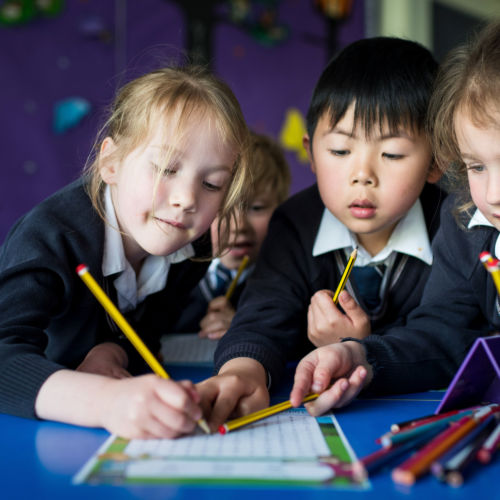
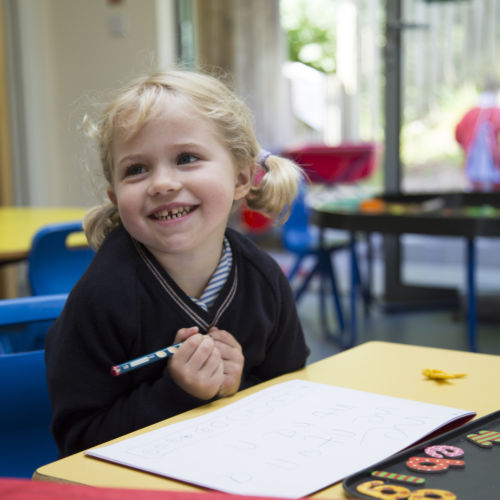
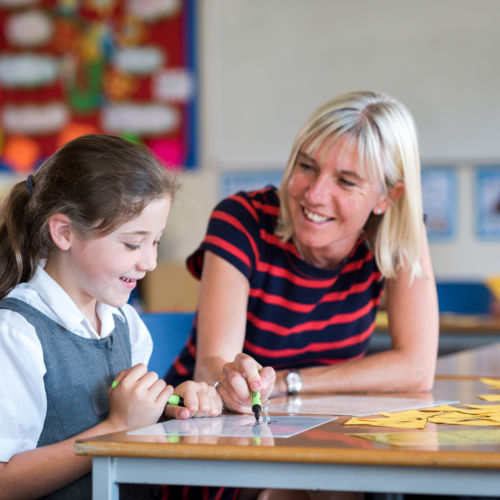
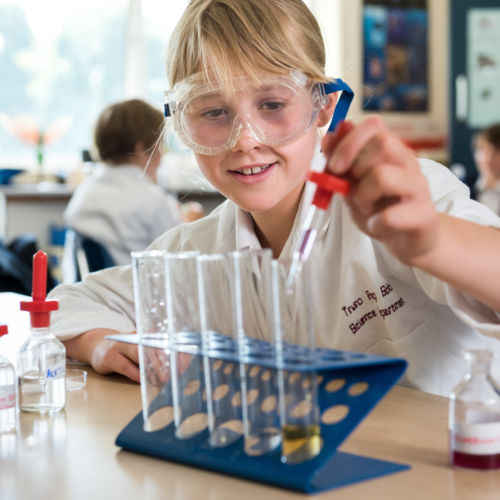
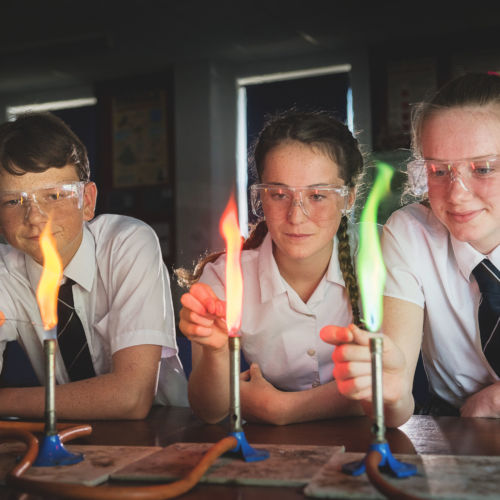
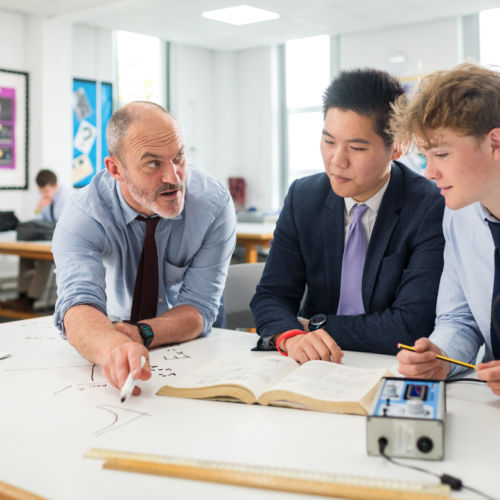
Because we believe that academic excellence is an important part of human excellence. Every child is an individual and we celebrate and develop their uniqueness, helping them to become an independent learner and encouraging each child to explore, understand and cultivate their talent and abilities, whatever they may be.
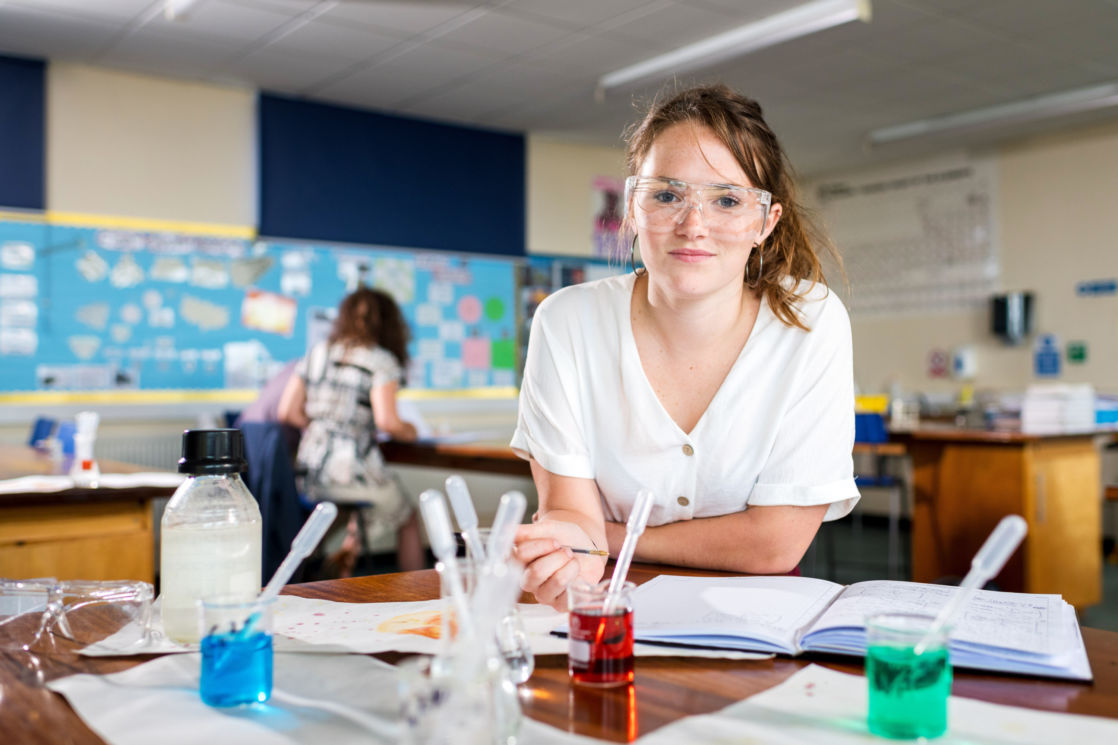
Compassion to understand and champion the needs of others, in our community and beyond.
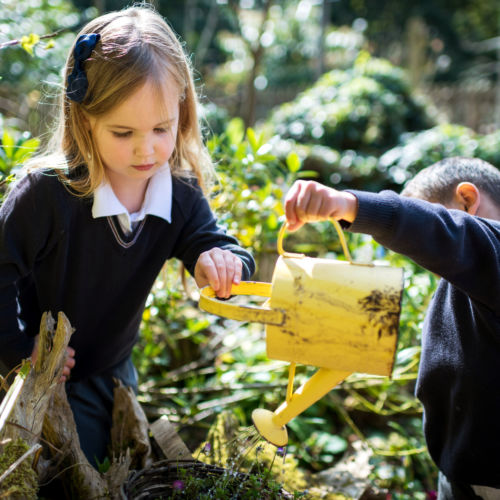
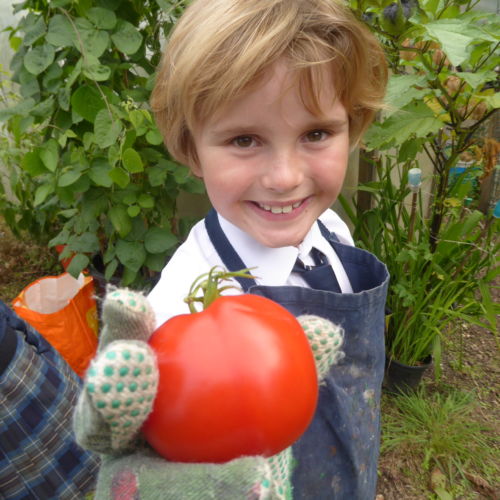
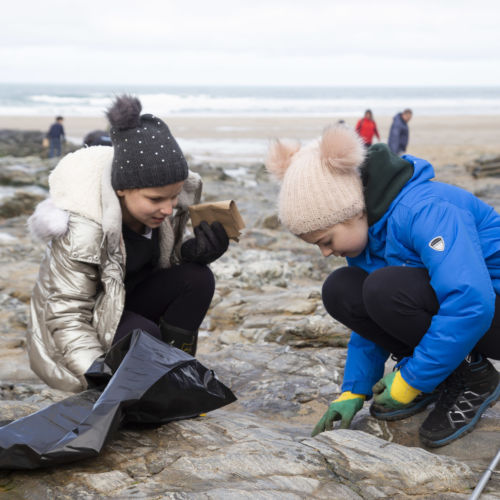
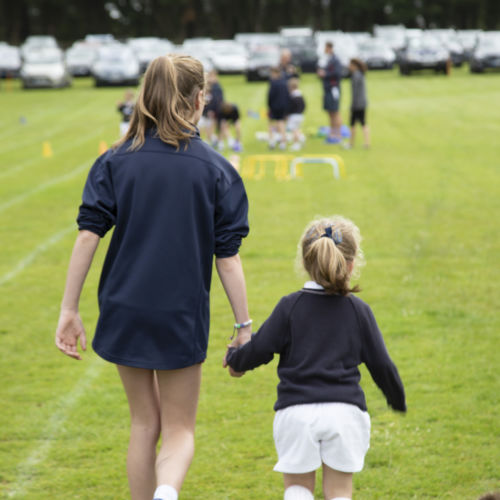
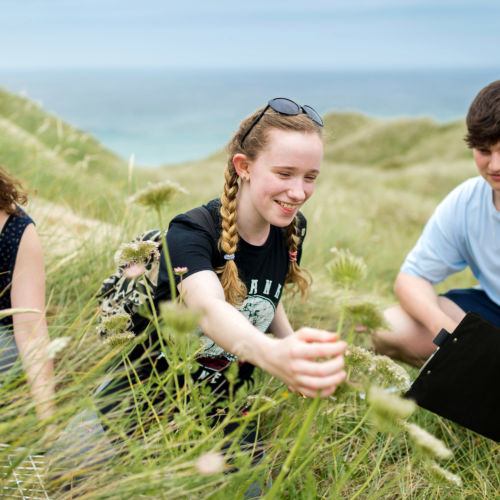
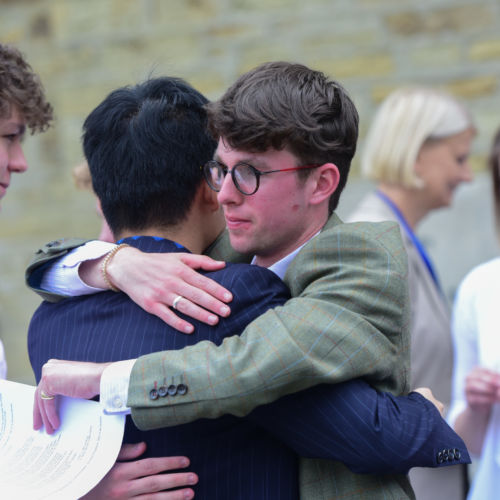
Because our mission challenges us to be a vibrant community which enables people to live their lives to the full and transform society for the better. Located in the heart of Cornwall, our distinctive, serene location supports the development of balanced, unpretentious and reflective children who understand their role as global citizens.
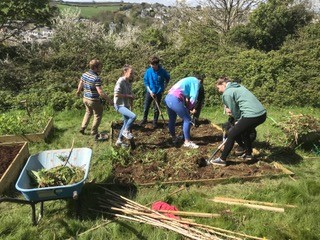
Confidence to build resilience by learning from both successes and failures alike.
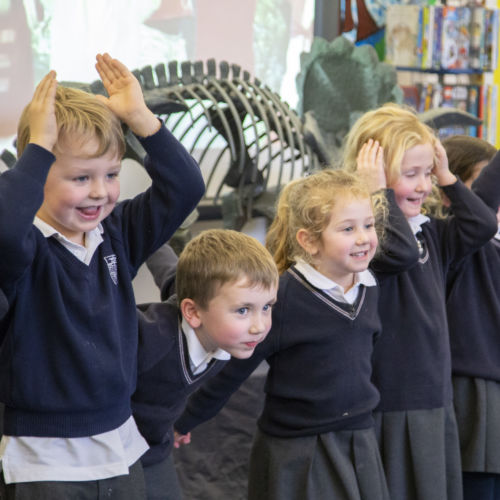
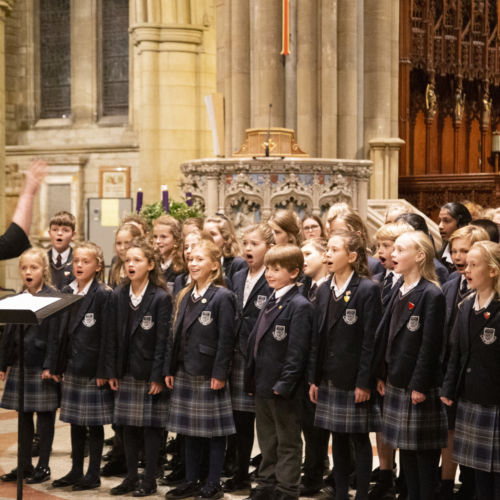
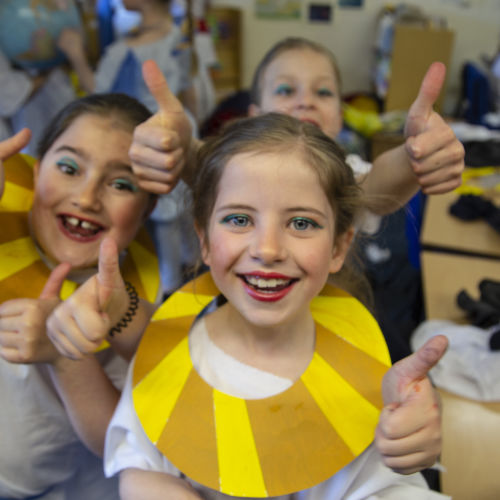
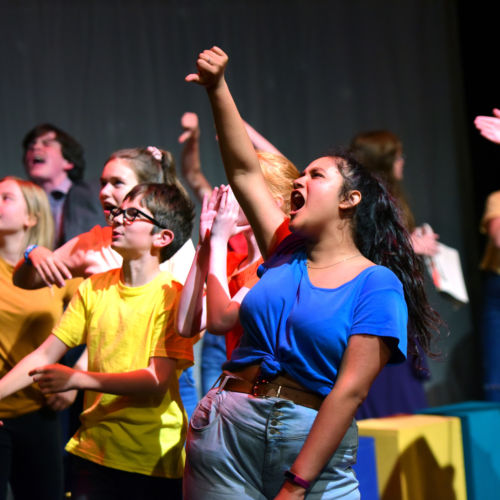
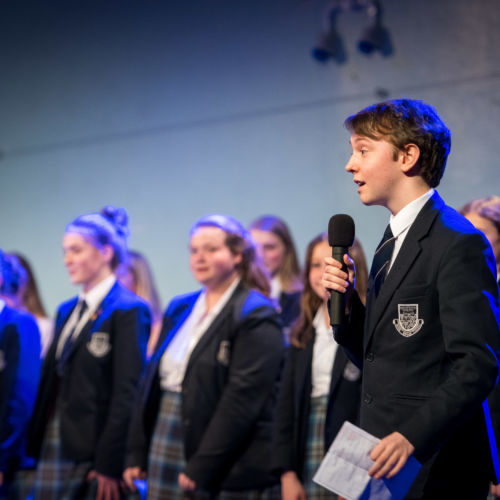
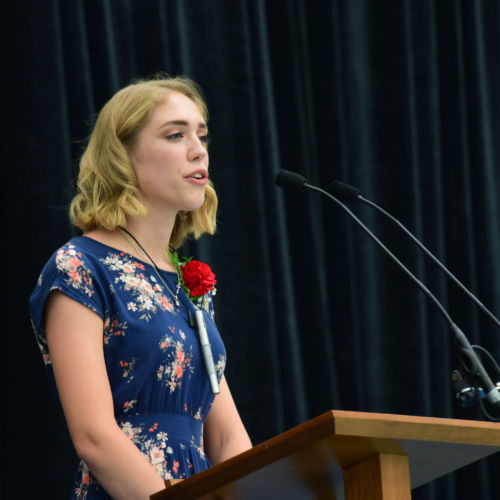
Because we want every pupil to be comfortable in their own skin, celebrating the uniqueness of each individual in the school community. Through drama, presenting and public speaking opportunities, as well as appearing in productions and concerts, pupils learn key communication skills and gain the confidence to prosper in the real world.
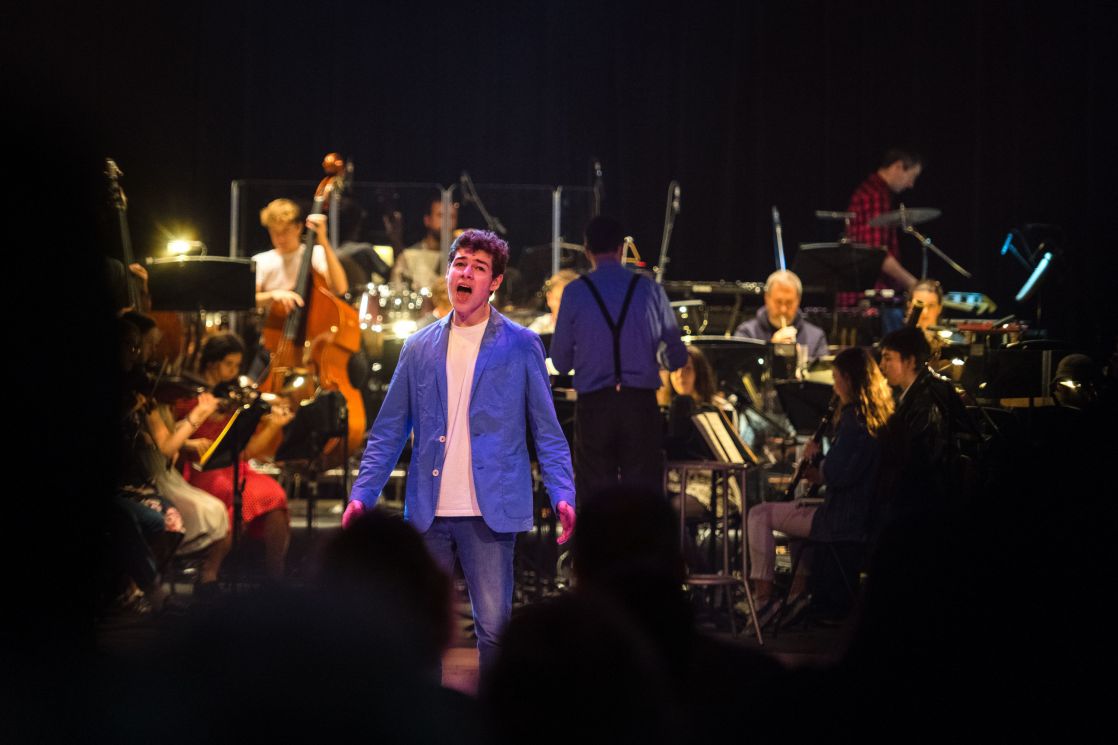
Creativity to be imaginative in how we express ourselves and approach new challenges.
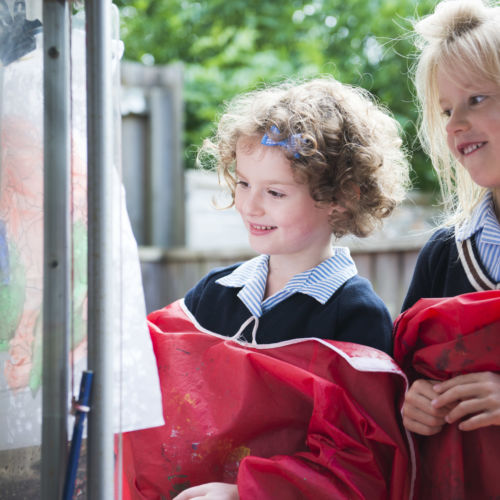
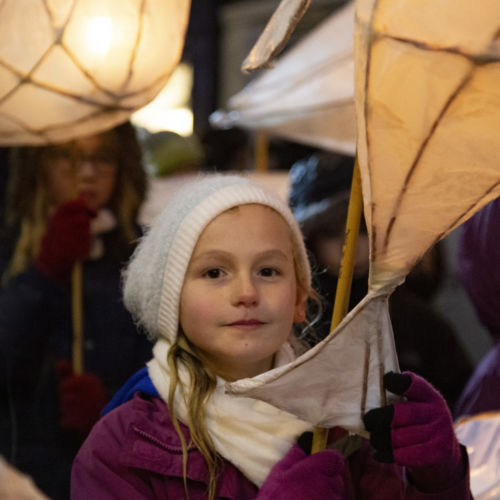
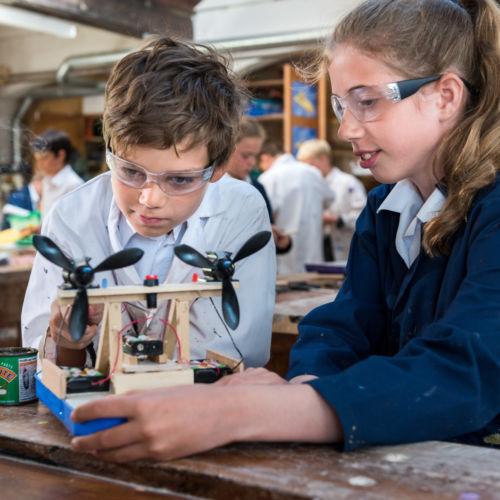
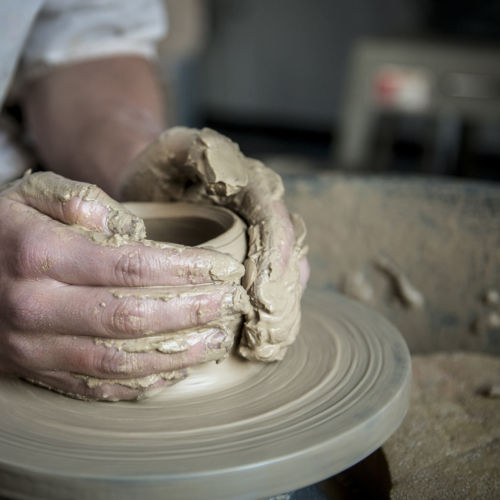
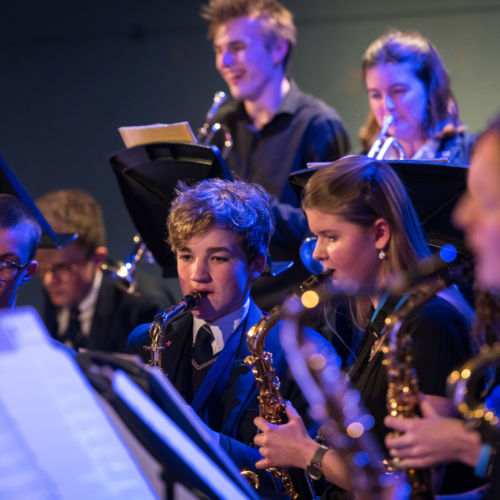
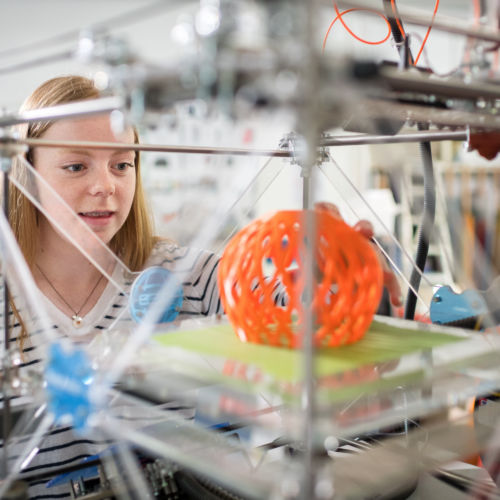
Because we value the development of pupils’ imaginative and creative dimensions as well as their characters. Through a broad curriculum and wide range of co-curricular activities, pupils discover the important balance between creative and logical thinking. These opportunities are fundamental to ensuring your son or daughter discovers their hidden gifts, developing a sense of individuality and a confidence in their own abilities.
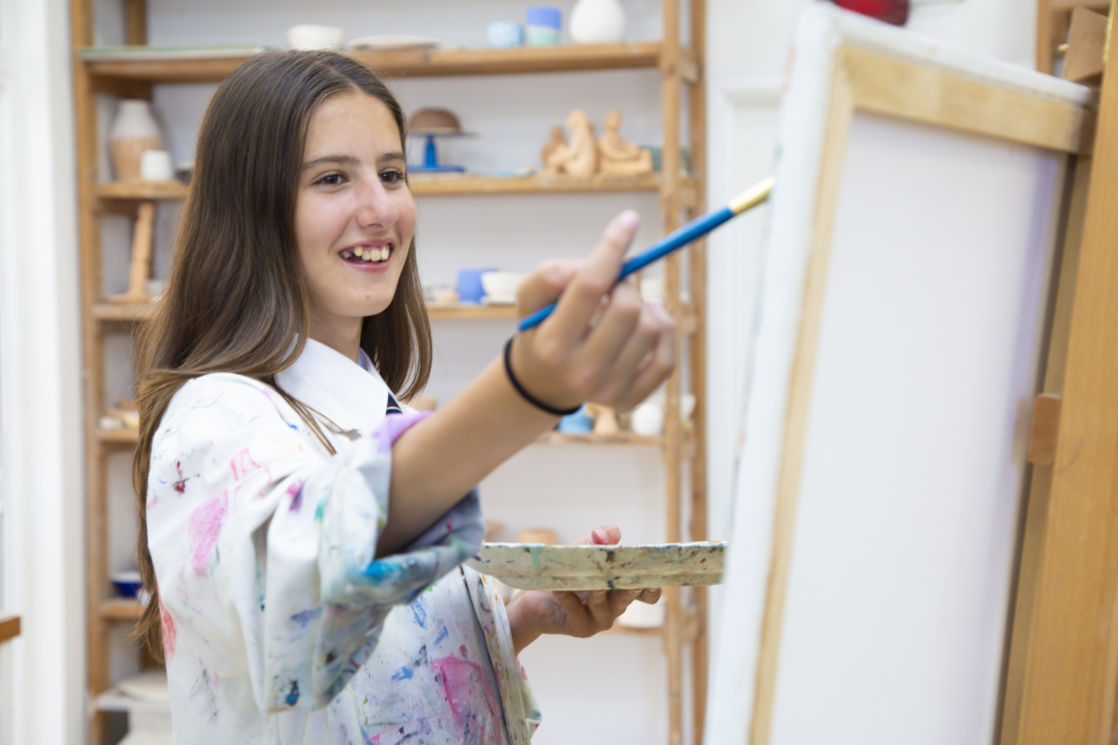
Courage to enjoy becoming the very best of who we are, with integrity and ambition.
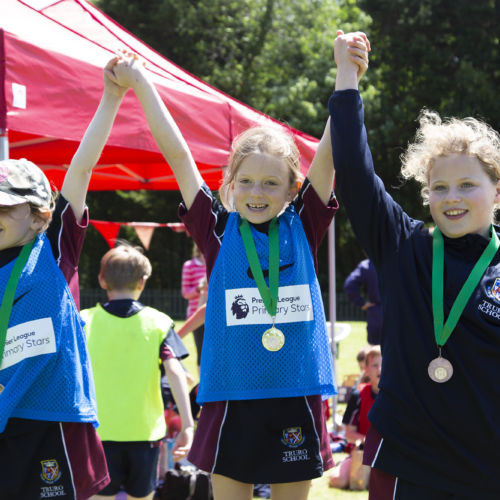
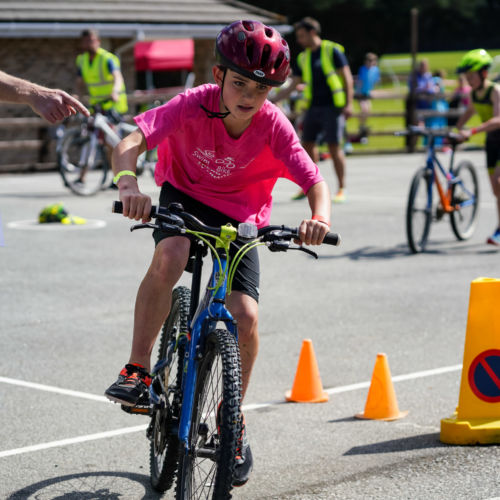
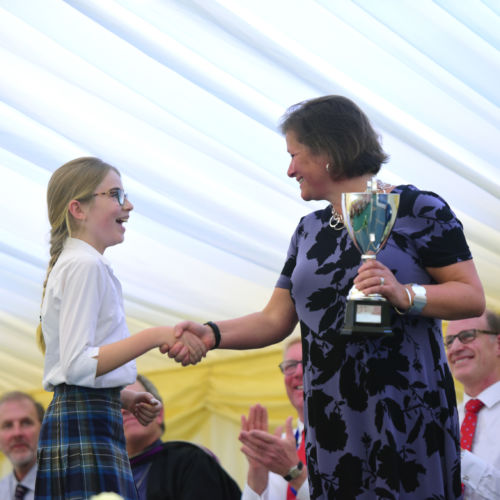
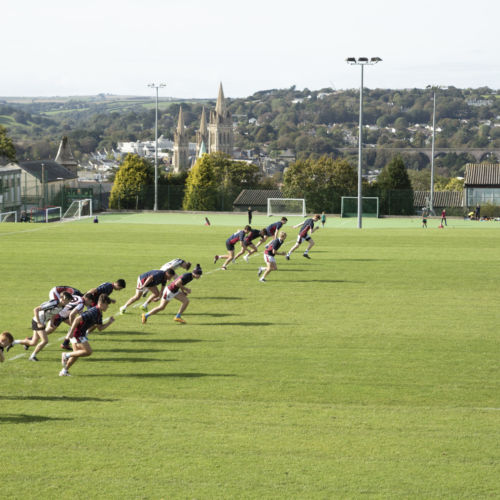
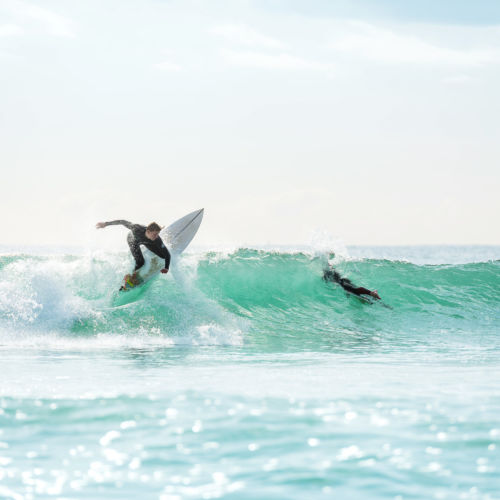
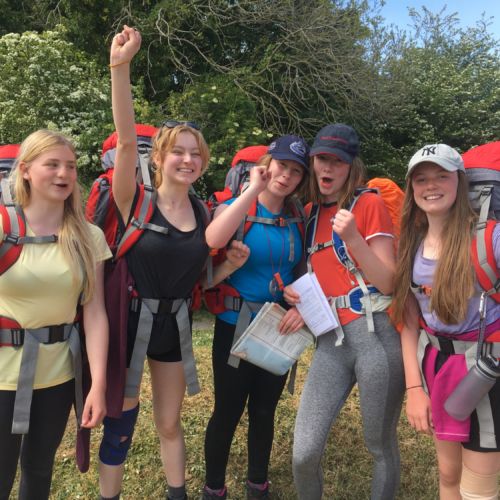
Because we believe that essential life skills are often best taught outside of the classroom, balancing an academic education. Through a wide-ranging co-curricular programme, we offer every child the chance to participate, perform and lead in the fields of their choice. In a competitive world these opportunities are fundamental to ensuring your son or daughter develops essential life skills and an ambition for life.
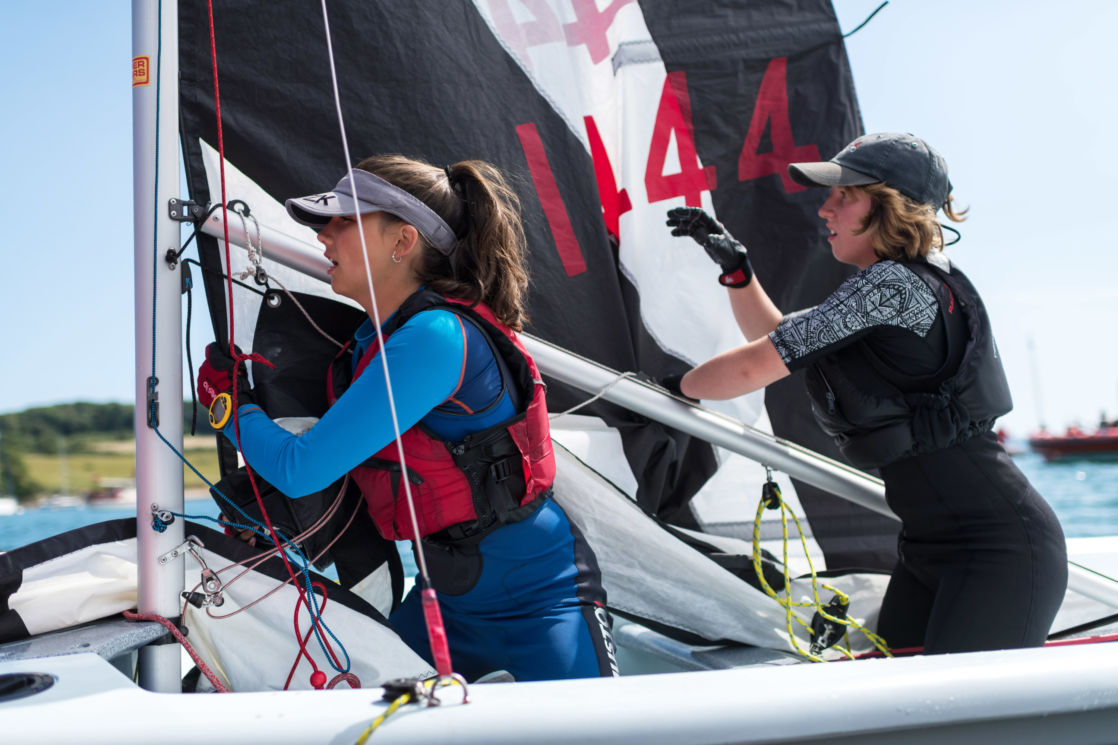
Truro School is part of the Methodist Independent Schools Trust (MIST)
MIST Registered Office: 66 Lincoln’s Inn Fields, London WC2A 3LH
Charity No. 1142794
Company No. 7649422